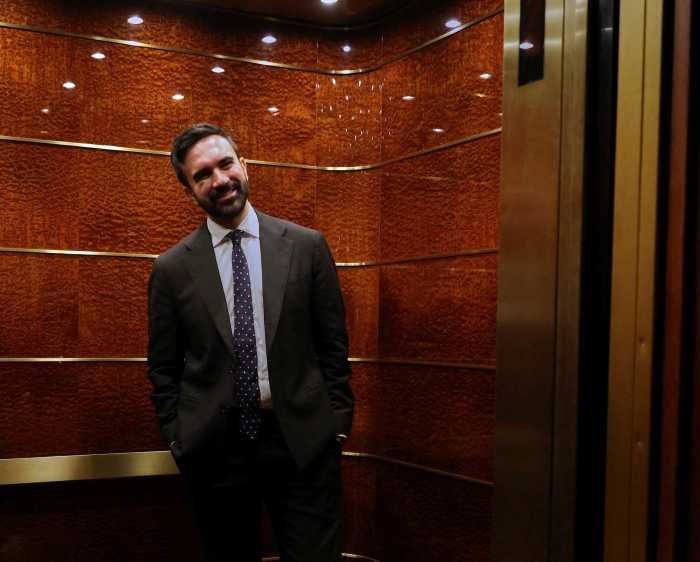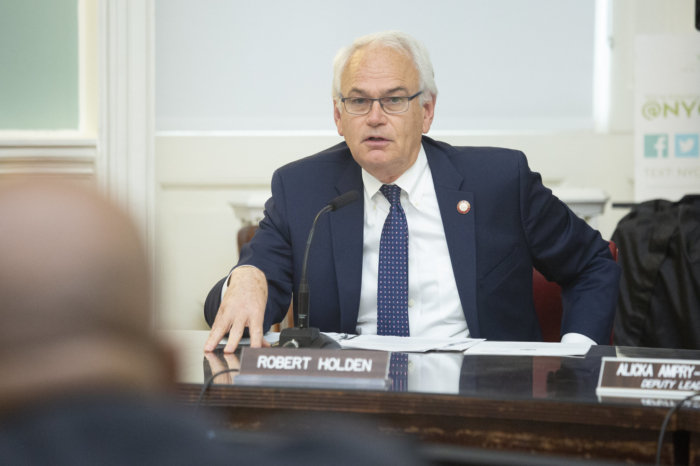By Philip Newman
State Comptroller Thomas DiNapoli said more than 140 workers doubled their annual salaries through overtime pay because of a “culture of acceptance” in the MTA.
The Metropolitan Transportation Authority said “the comptroller’s audit confirms what we reported earlier this year and reinforces the need for the 34 aggressive actions we’re taking to reduce unnecessary overtime. We will do our part, but active participation from our labor unions is the only way to take the type of impact we want.”
In a report on the audit, DiNapoli said: “Uncontrolled overtime has been the rule rather than the exception at the MTA. The MTA is cutting services, raising fares and tolls and laying off employees, but it should be doing more to control expenses. Overtime shouldn’t equate to twice someone’s annual salary. When scores of employees are earning more in overtime than they make in salary, it’s time for the MTA to change the culture of acceptance to a culture of accountability.”
The audit found that one Long Island Rail Road train car repairman got $142,857 in overtime pay, equal to 220 percent of his $64,865 annual salary. A total of 144 other MTA employees earned more in overtime pay than from their annual salaries in 2009, according to the audit.
The audit looked into MTA books from January 2009 to December 2009, finding that four of the MTA’s seven agencies — the LIRR, Metro-North Railroad, Bridges and Tunnels and New York City Transit — accounted for nearly 90 percent or $540 million, of all MTA overtime pay.
The comptroller’s office said the MTA central office accepted overtime budgets from constituent agencies “without questioning them or making any effort to reduce overtime spending at constituent agencies.”
Auditors said they found more than 3,200 MTA employees got overtime pay equal to half of their yearly salaries; significant amounts of overtime incurred by replacing sick workers, even though no effort was made to find out whether replacements were needed and unjustified; or undocumented work in 77 percent of sampled overtime transactions.
DiNapoli’s audit recommended:
• a follow-up on 59 questionable overtime payments which auditors identified
• restricting overtime budgets to specific targets for overtime reduction and matching work schedules to work opportunities to reduce need for overtime
The MTA announced a plan to rein in overtime expenses May 20, citing what it termed “outdated work rules that result in some employees being paid when they’re not working.”
“Some overtime is needed to put out a reliable service and respond to emergencies,” said MTA Chief Operating Officer Charles Monheim in the MTA statement. “MTA leadership is now committed to eliminating unnecessary overtime and we expect new controls to save millions. We will do our part, but a real partnership with labor is the only way to make a real dent in unnecessary overtime.”
Reach contributing writer Philip Newman by e-mail at timesledgernews@cnglocal.com or phone at 718-260-4536.




































